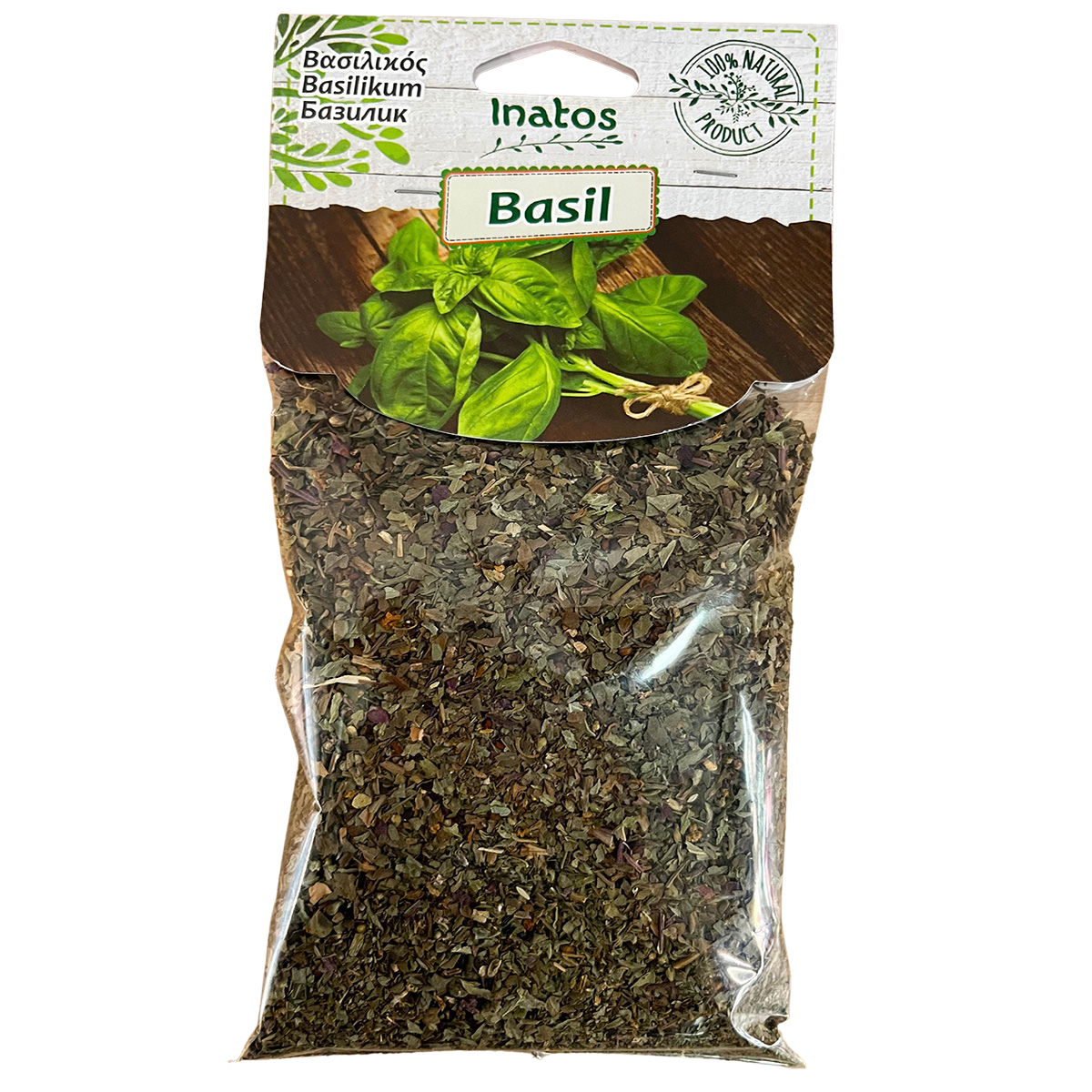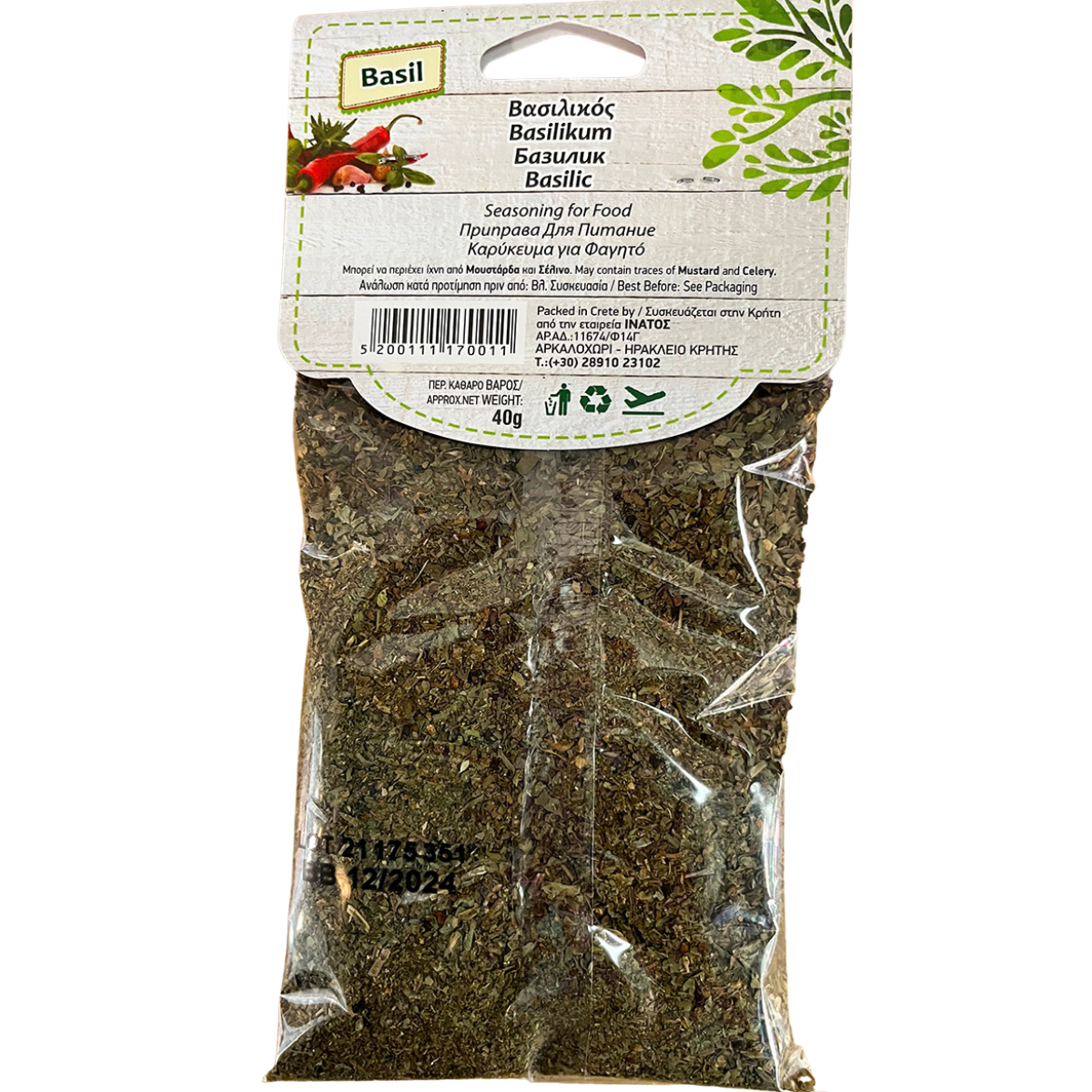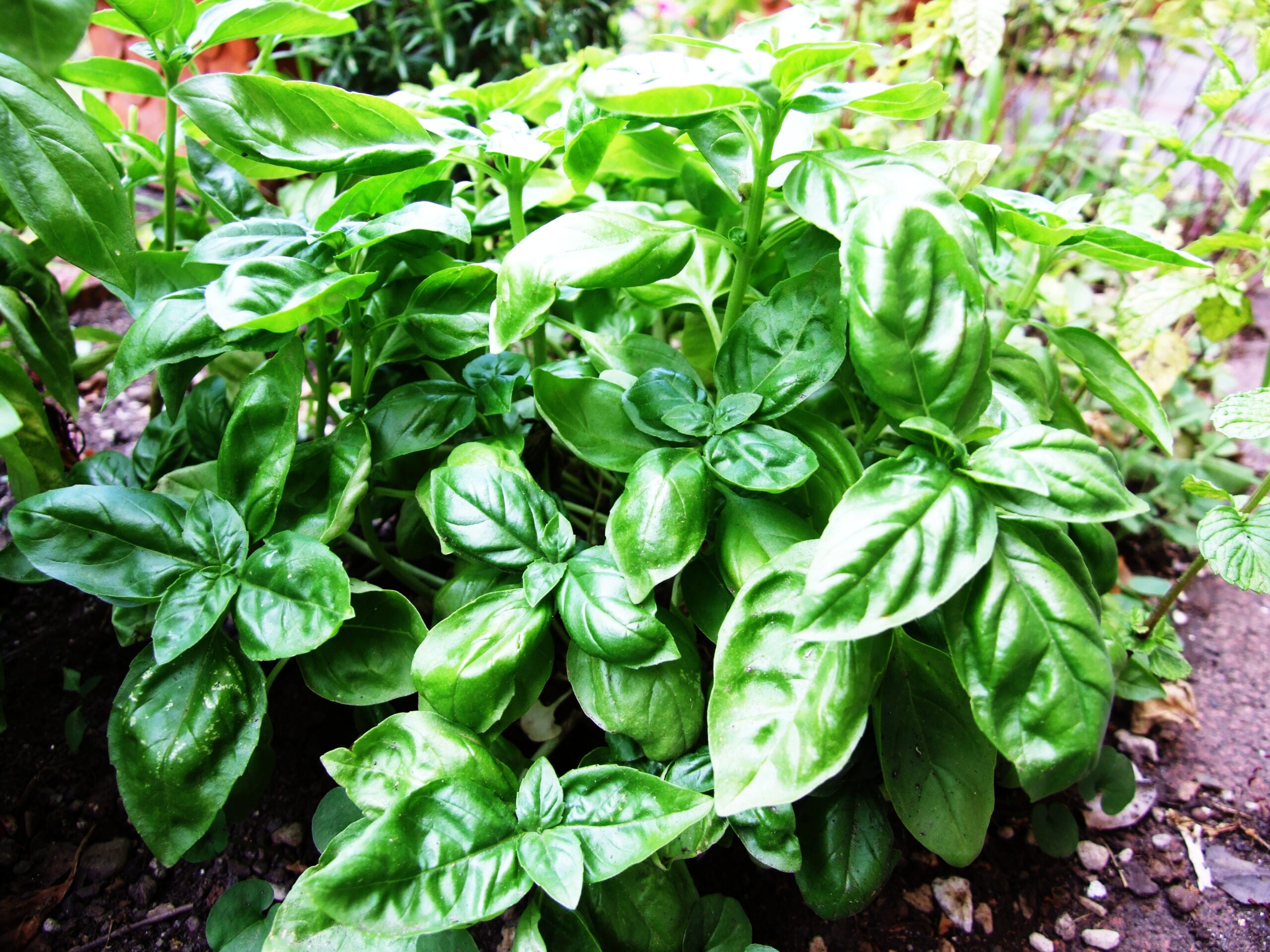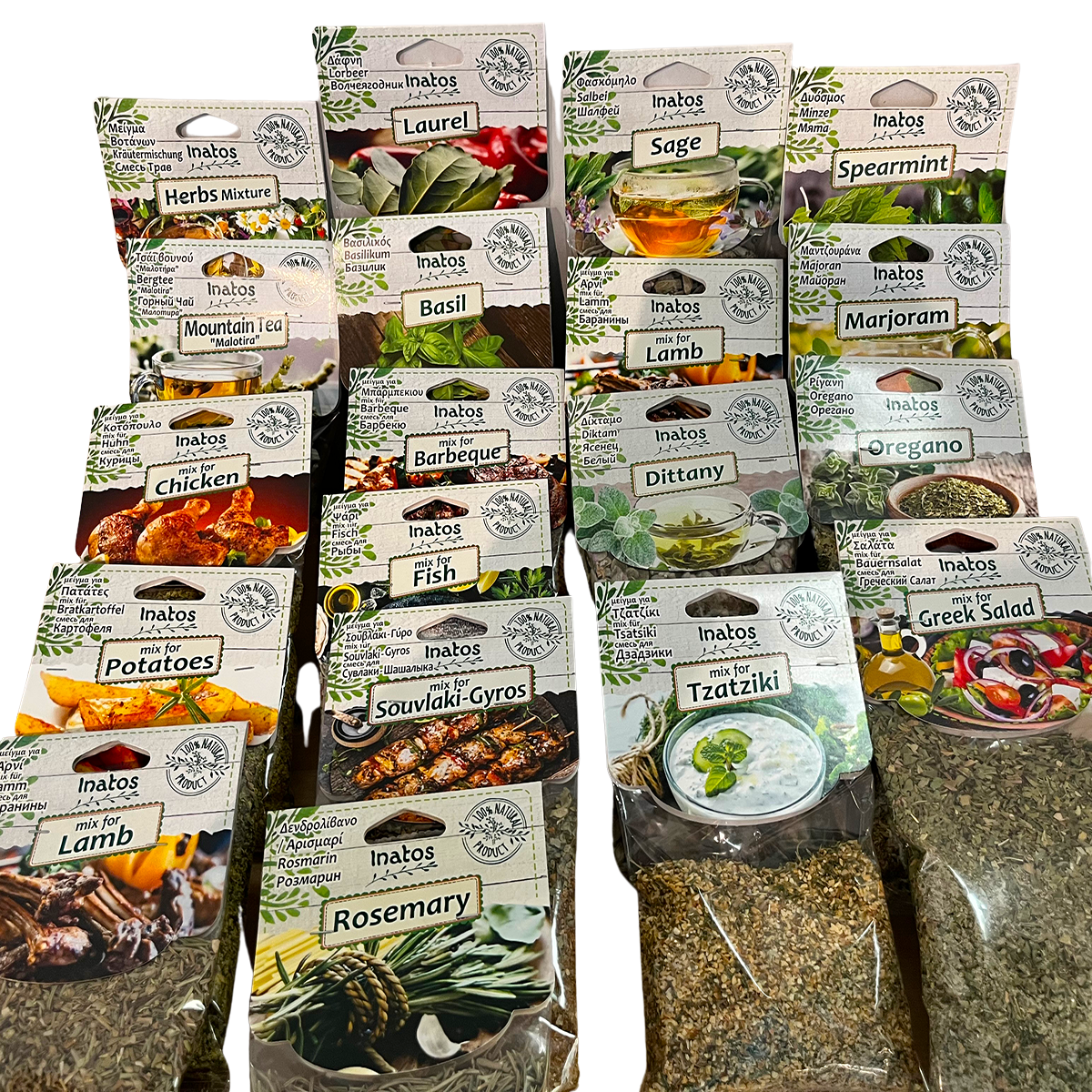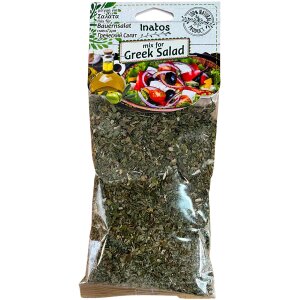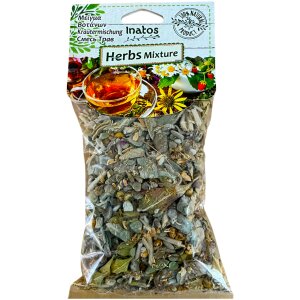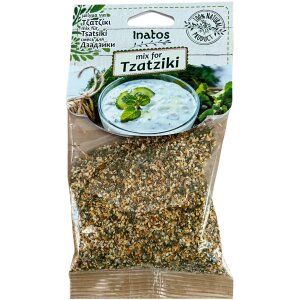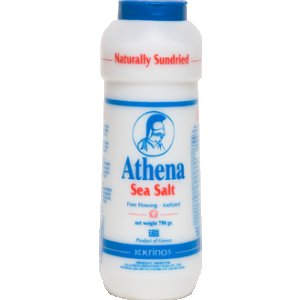Inatos Basil – 100% Natural
$2.89
Inatos Basil is the king of aromatic herbs. It is used in a variety of cooking recipes and it can be combined with many tastes. Basil’s taste is very soft and its aroma is particularly elegant.
Description
Inatos Basil
Inatos Basil is the king of aromatic herbs. It is used in a variety of cooking recipes and it can be combined with many tastes. Basil’s taste is very soft and its aroma is particularly elegant. Basil makes a great combination of fresh tomato and soft cheese. It also fits in salads, soups, risotto, eggs, seafood, red and white meat, fruits, bread, almost all pasta dressings, and stuffed vegetables (“yemista”).
Healing Properties:
Basil is a plant with antiseptic and expectorant properties. It is considered a great diaphoretic. Basil’s healing properties are related to the essential oil it contains, which is also a very good anticonvulsant. The “tea” from basil leaves is digestive, diuretic, and stimulating, it relieves intestine and nerve migraines. For nursing mothers, basil helps to increase milk production. Basil extract is beneficiary against stomatitis, herpes labialis, and nausea (nausea of pregnancy). Consuming basil leaves with olive oil, as a salad, fights constipation.
Basil in Meals:
Basil in red sauces: Add some pinches of basil in your favorite sauces for pasta or rice. The cool and pleasant aroma of basil will spice up them and make them delicious. Basil in salads: Just a bit of basil in your fresh salads will highlight the freshness and aroma of the vegetables.
Ingredients:
Basil
May contain traces of Mustard and Celery
Size:
40 grams
Also Available at Parthenon Market, Deli, and Café
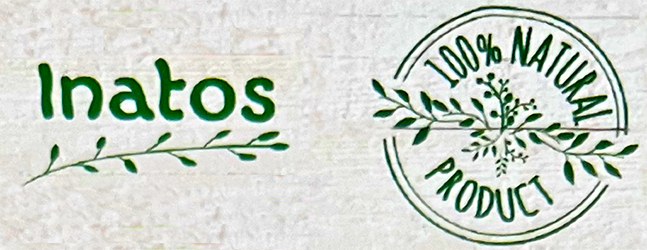
Inatos greek spices are 100% natural.
They are packaged in Crete, however, they are grown all over Greece.
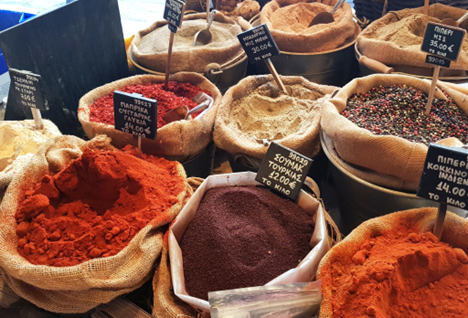

“Herbs were the main ingredient of Greek cooking all the way back to ancient times. Being a natural product of so much variety in the Greek countryside and taking advantage of the ideal climate, they gave the Ancient Greeks the ingredients to flavour their food, as well as the possibility to cure people of diseases. As far as their medical use is concerned, the physician Hippocrates was known for basing the Hippocratic elemental healing system on medicinal herbs, and this system is considered one of the cornerstones of later Western medicine. On the other hand, due to their abundance and simplicity, culinary herbs were widely grown and dried, and their combination with one of the crown jewels of Mediterranean cuisine, olive oil, was commonplace in the preparation of a meal. Sometimes, herbs were also used in some religious ceremonies during the time period.
Some of the main herbs used in Greek cuisine include oregano (known in the classical world for its association with Aphrodite and happiness, whereas today it is considered the king of Greek herbs), thyme, sage, parsley, dill, mint, spearmint, fennel, and many others.
Spices, on their part, were also the main ingredient of an ancient Greek meal, but it is true that the majority of spices used in Greek cookery today can be linked to the millennia of interaction Greece has had with other great civilizations, such as the Romans, the Persians, the Turks, the Arabs and a host of others from all over the world. Today, spices like garlic, onion, cinnamon, cumin, coriander, nutmeg, pepper, paprika, cloves, and sesame constitute an integral part of what makes Greek cuisine so aromatic. A special mention has to be made about greek saffron from Kozani and greek mastic from Chios, both of which have a P.D.O. Designation, are only grown in these specific regions and are regarded as number one worldwide.”
Read the full article by Anna Tzogia here: Aromatic herbs and spices of Greek cuisine!

